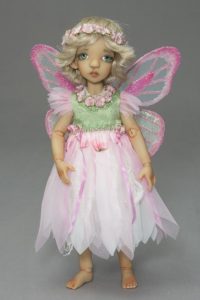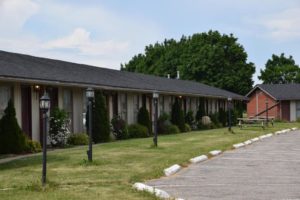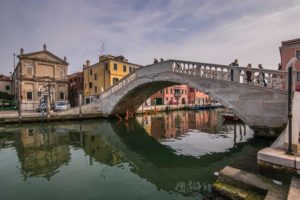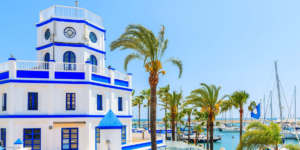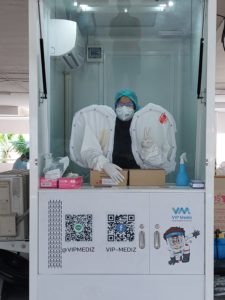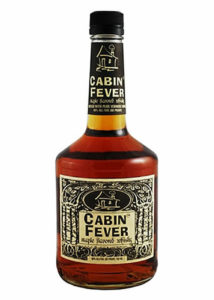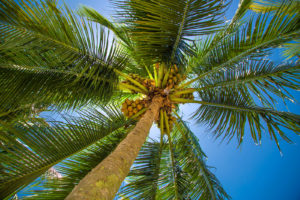Well, it is certainly expensive enough here in Costa Rica. An avocado costs twice as much as in Geneva. And like its Swiss cousin it is always half rotten when you cut it in half.
There are hot springs up around the Arenal volcano. Watery pools of steaming brown nutritious liquid. Much like Loeche-les-Bains or Yverdon, you sit up to your neck in the warm wet and look through the steam at the misty mountains. The air is cold at 1500m, but here broad-leaved vegetation blots out the grey scuttling sky. The occasional agouti, a sleek rodent with jacked-up back legs, rushes away when it sees that its own private pool is already occupied.
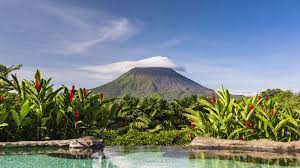 There are no trains here, so communal travel between towns—and even between hotels—is by little white shuttle buses. Within a system of mind-numbing complexity, they pick you up, transfer you, give you free delicious coffee at rest stops and drop you off. You are like a lunch-time tiffin box in the streets of Mumbai. Your shuttle driver is the dabbawala and gets you safely to your destination. Your fellow tiffin cans have usually been picked up before you, and so you find yourself in the worst possible tiffin position and arrive cramped, bent, and shaken.
There are no trains here, so communal travel between towns—and even between hotels—is by little white shuttle buses. Within a system of mind-numbing complexity, they pick you up, transfer you, give you free delicious coffee at rest stops and drop you off. You are like a lunch-time tiffin box in the streets of Mumbai. Your shuttle driver is the dabbawala and gets you safely to your destination. Your fellow tiffin cans have usually been picked up before you, and so you find yourself in the worst possible tiffin position and arrive cramped, bent, and shaken.
There is also much animal spotting to be done. Unlike the rarefied Swiss high mountain eyries of the aigle royal, chamois or marmot, here we have the toucan, the sloth and the Capuchin monkey. Instead of the village rooster, the howler monkey greets the dawn as the first exhaustless motorcycle roars past.
You stumble across smaller things when you least expect it. A lizard blowing its throat into a yellow bubble-gum balloon, or a turquoise and black poison dart frog, or an orange iguana proudly showing off its colours in a tree.
There are expensive restaurants too! Not the utterly magnificent snobby-as-hell Swiss sort with the fancy internationally renowned chef, the handful of stars, white tablecloths, amuse-gueules and pre-desserts; but a class up from the Costa Rican “soda” (the family-run joint with mom sweating it out in the kitchen with her empanadas and her pot full of beans and rice).
You have the noble pizzeria.
These attract the more moneyed customer. They drive up in their sparking monster pick-up trucks with oversized, jet-black, deeply-treaded tires. The man descends first: fortyish, iPhone in hand, brilliant blue wife-beater tucked into stretchy black shorts with racer stripes, flip-flops. The woman follows: thirtyish, iPhone in hand, golden chinking bracelets, see-through high heeled shoes, and a dress made of yellow ribbons. She, too, is fat, but mesmerized as you are by the intricacy of the golden bands, the rolls of flesh fascinate rather than revolt.
They sit at the wobbly wooden table and, without saying a word, cutlery, soft drinks and pizzas appear. The man puts his phone on loudspeaker and has animated Spanish conversations about deliveries and times. The woman sips her coke and looks at her screen. The uneaten cold pizzas are boxed up and taken with them into the now-dark early evening.
No money has changed hands.
